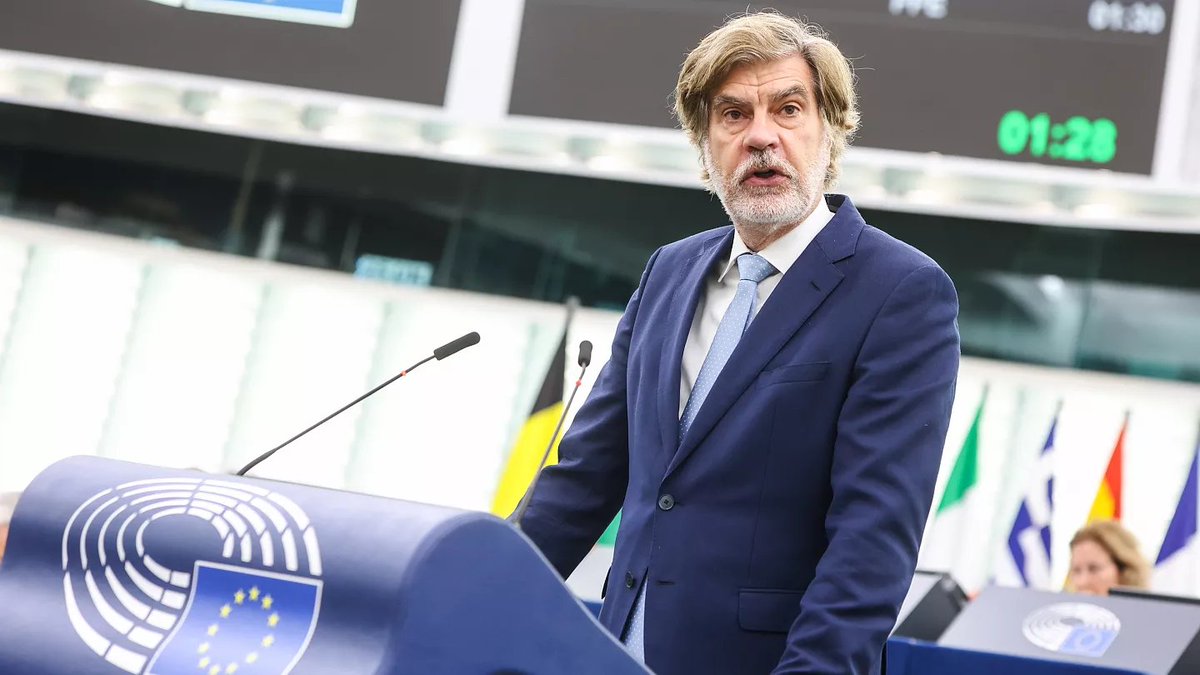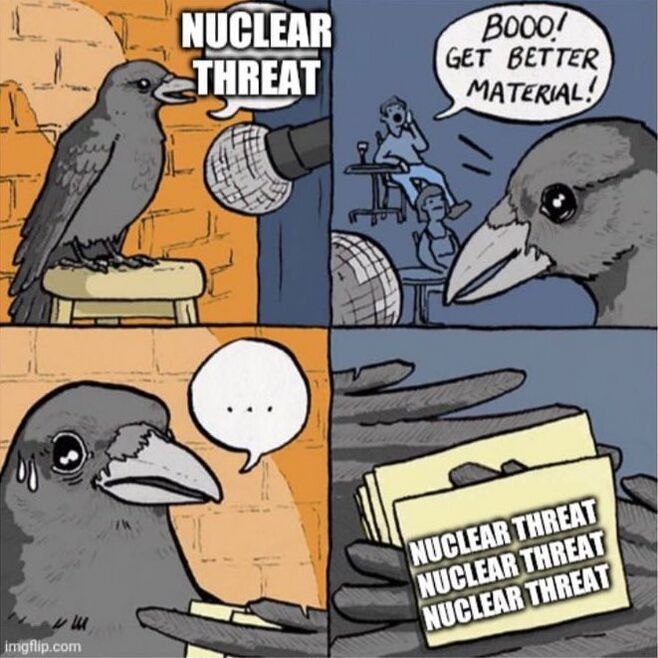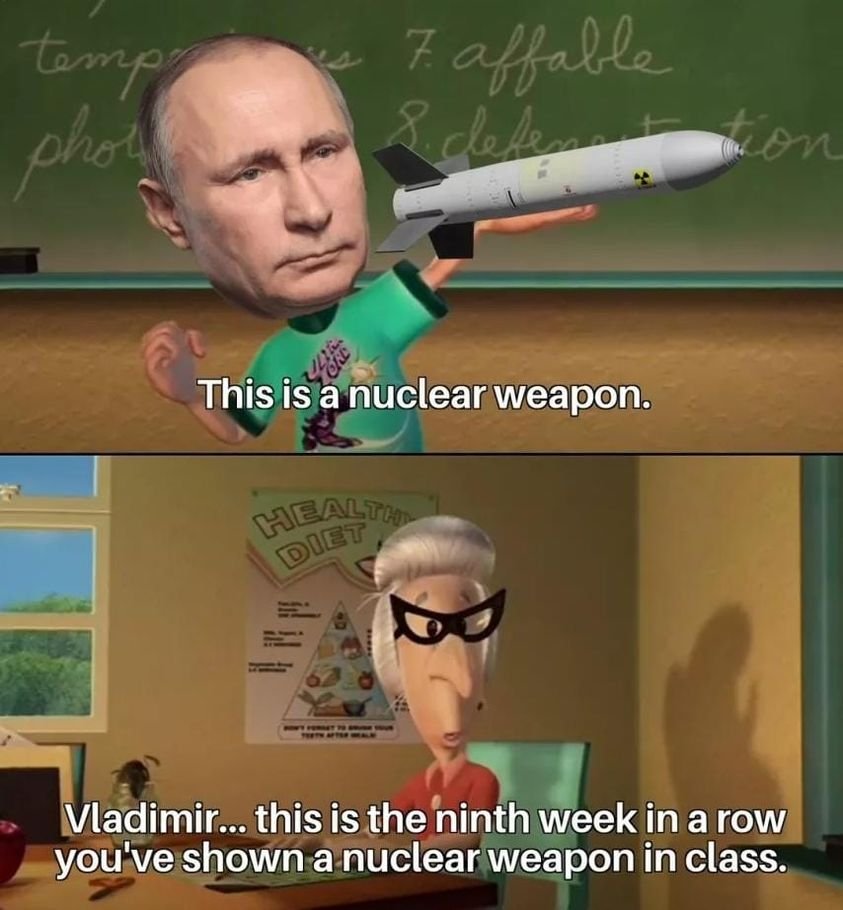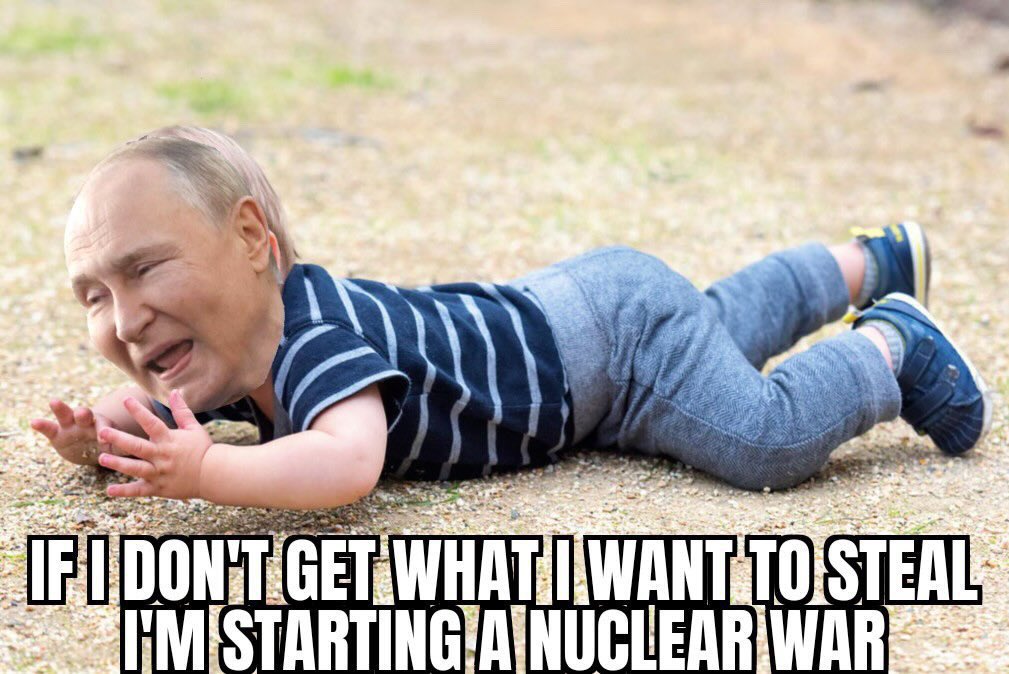In today's #vatniksoup I'll introduce another Dutch politician and MEP, Marcel de Graaff (@MJRLdeGraaff). He's best-known for his beliefs in conspiracy theories, for his strong pro-Russian stance, and for his pro-Kremlin voting patterns in the European Parliament (EP).
1/16
1/16

He was elected as a MEP in the 2014 European Parliament elections. In 2015 he joined the far-right coalition called Europe of Nations and Freedom, with de Graaff and Marine Le Pen as its first co-presidents.
2/16

2/16


Marcel actually voted for Le Pen in her absence on many occasions, and was fined for this.
His party didn't obtain any seats in the Parliament in the 2019 European Parliament elections, but he was given a seat nevertheless due to Brexit and UK losing its representatives.
3/16
His party didn't obtain any seats in the Parliament in the 2019 European Parliament elections, but he was given a seat nevertheless due to Brexit and UK losing its representatives.
3/16

In national politics, he defected to Thierry Baudet's party, Forum for Democracy (FvD), due to his critical stance on Dutch COVID-19 measures. There he found a home with other rabid conspiracy theorists, including Baudet.
4/16
4/16

The party's ties to Russian leadership and funding has also been proven: In 2020 Dutch TV program Zembla published Whatsapp group messages with interaction between the party leader Baudet and Russian Vladimir Kornilov, damning the party of accepting Kremlin money.
5/16
5/16

De Graaff has methodically voted against all 20 so-called milestone anti-Russian resolutions and against 16 out of 22 Russia-condemning documents, skipping the voting on the rest. His radical stance made him opt out of the EP far-right coalition, Identity and Democracy.
6/16

6/16


He said that "their attempt to silence me about NATO/Ukraine is indigestible", suggesting that he's going to create his own group that supports "de-escalation" of the war in Ukraine.
7/16

7/16


Marcel is a working prototype of Homo Putinicus - a person who swallows ALL Russian narratives and conspiracy theories whole, and then spreads these fake stories like wildfire. If Russian propaganda were Pokémon, Marcel would have catched 'em all.
8/16


8/16



Marcel's spoken harshly against the "woke" culture and LGBTQ+ rights. He's shared various Putin's "truth bombs" about the "decadent West" and traditional values maintained in Mother Russia. Based on Marcel, the West truly is decadent and only the Russian culture can save it.
9/16


9/16



He's also questioned the down-shooting of MH17, a tragedy in which 193 Dutch passengers (including children) lost their lives. In Sep 2014, de Graaff, along with Le Pen, Salvini and others, called for a thorough investigation on the shoot-down.
10/16
10/16

Later he criticized the investigation, maybe because the main culprit turned out to be the Russian military.
And what was his source for the "real" information? RT.
11/16

And what was his source for the "real" information? RT.
11/16


Few weeks before his departure from Identity and Democracy, he had suggested that the US is "a puppet used by satanic elites to impose a communist wold dictatorship, where citizens are digitally controlled", while combining so many conspiracy theories that even I lost count.12/16 

De Graaff also thinks that the Ducha [sic] massacre was conducted by Ukrainian soldiers, that NATO is planning a nuclear strike against Russia, that "Zelenskyy and his nazi army are committing war crimes", and that there are bioweapons labs in Ukraine.
13/16



13/16




He was also part of that big group who denied the upcoming invasion in early Feb 2022.
Like a Putin's good lapdog, he started promoting "peace talks" only after the fake referendums and illegal annexations of Donetsk, Kherson, Luhansk and Zaporizhzhia oblasts.
14/16


Like a Putin's good lapdog, he started promoting "peace talks" only after the fake referendums and illegal annexations of Donetsk, Kherson, Luhansk and Zaporizhzhia oblasts.
14/16



He's also suggested that the ICC-issued arrest warrant against Putin was executed due to bribery.
15/16
15/16

To conclude, Marcel isn't even a low-hanging fruit - he's a rotten apple on the ground. Dutch followers - how did these people get elected to power? And is it bound to happen again?
And a question to you, Marcel: Did you call for peace negotiations before 22 Sep, 2022?
16/16
And a question to you, Marcel: Did you call for peace negotiations before 22 Sep, 2022?
16/16
Ping: @g900ap @CarelBrendel
Support my work (and get some AI art!): buymeacoffee.com/PKallioniemi
Past soups: vatniksoup.com
Related soups:
Thierry Baudet:
Marine Le Pen:
Support my work (and get some AI art!): buymeacoffee.com/PKallioniemi
Past soups: vatniksoup.com
Related soups:
Thierry Baudet:
https://twitter.com/P_Kallioniemi/status/1613526711227879424
Marine Le Pen:
https://twitter.com/P_Kallioniemi/status/1639993673113796608
• • •
Missing some Tweet in this thread? You can try to
force a refresh
































